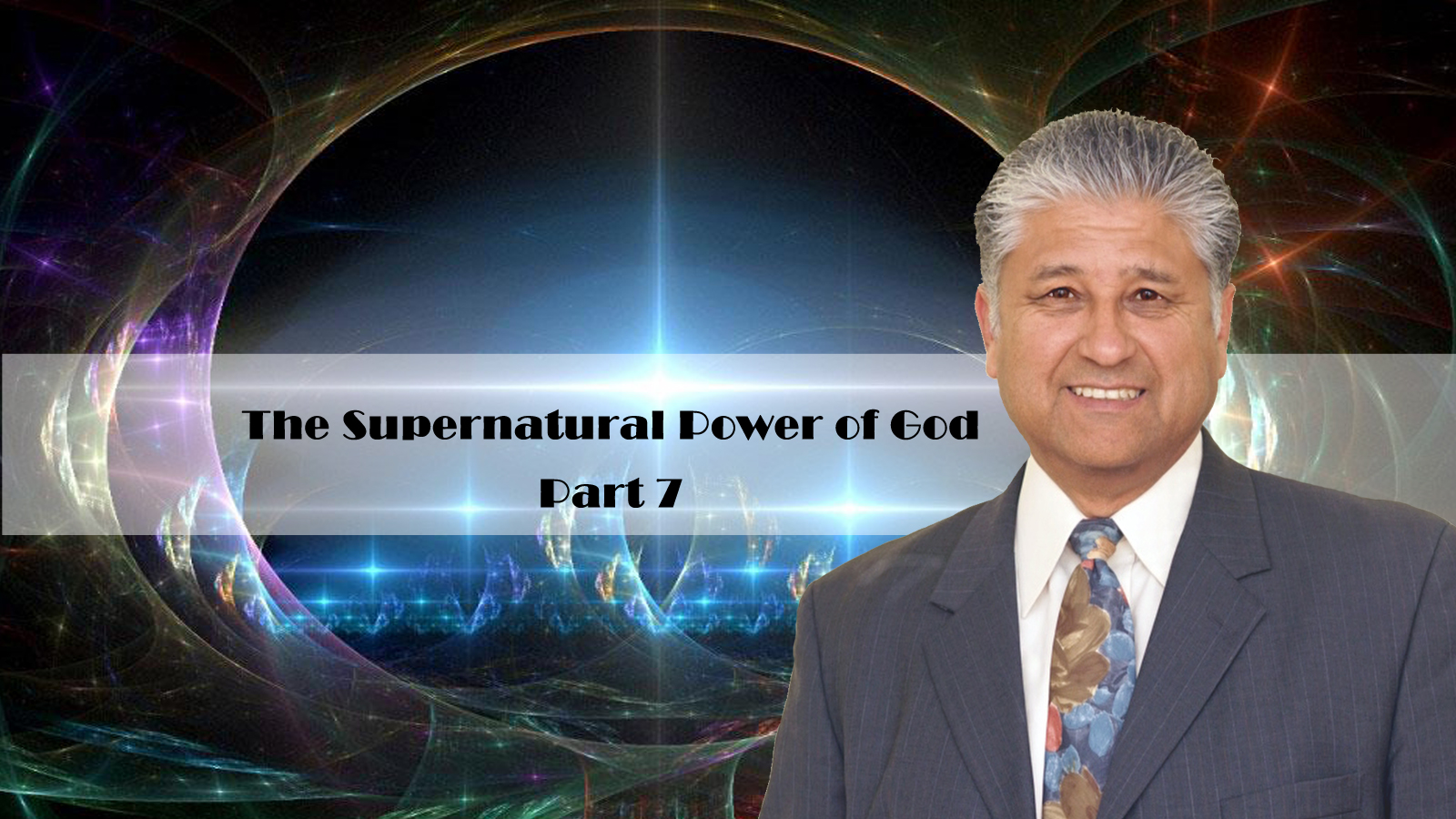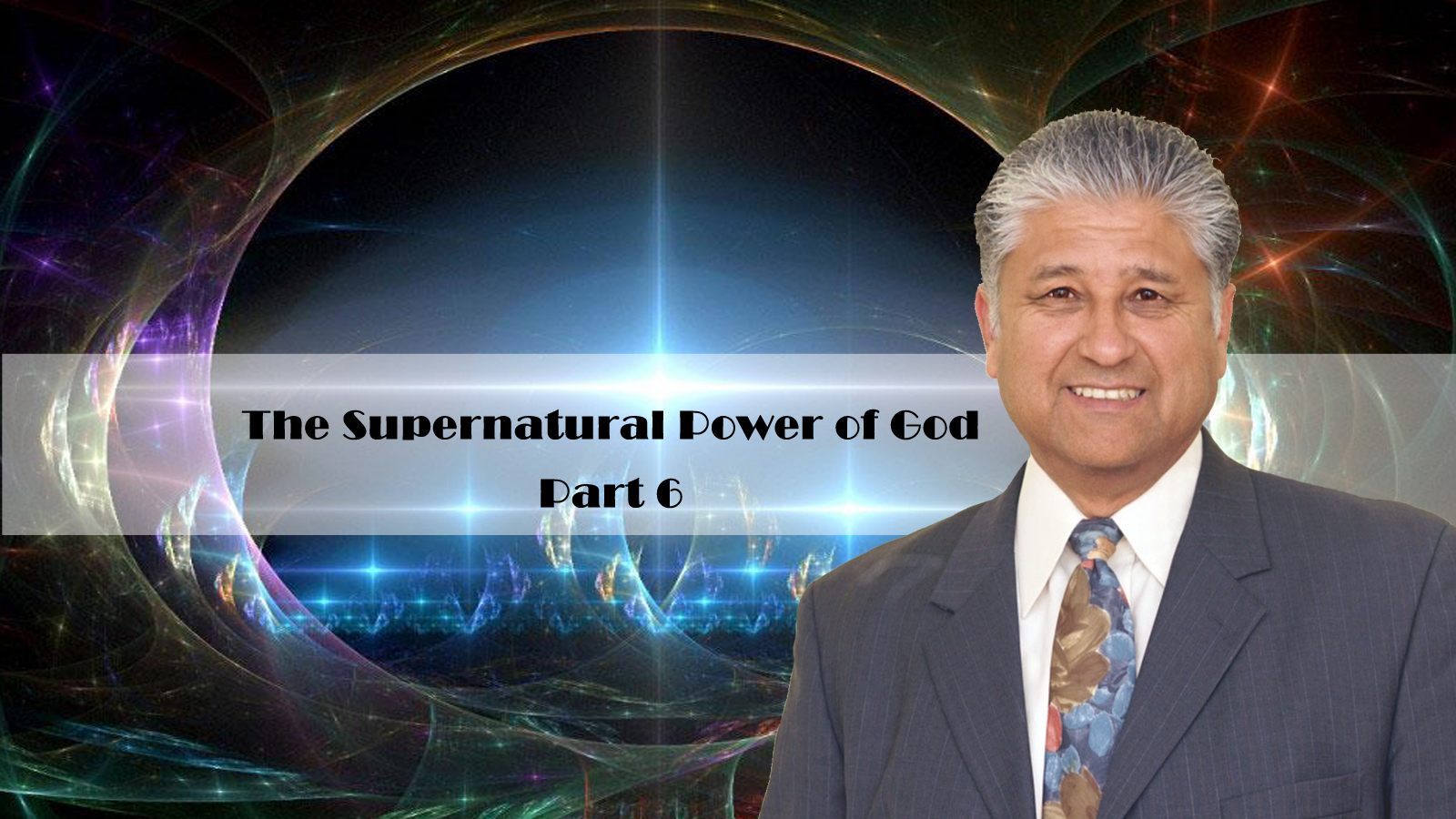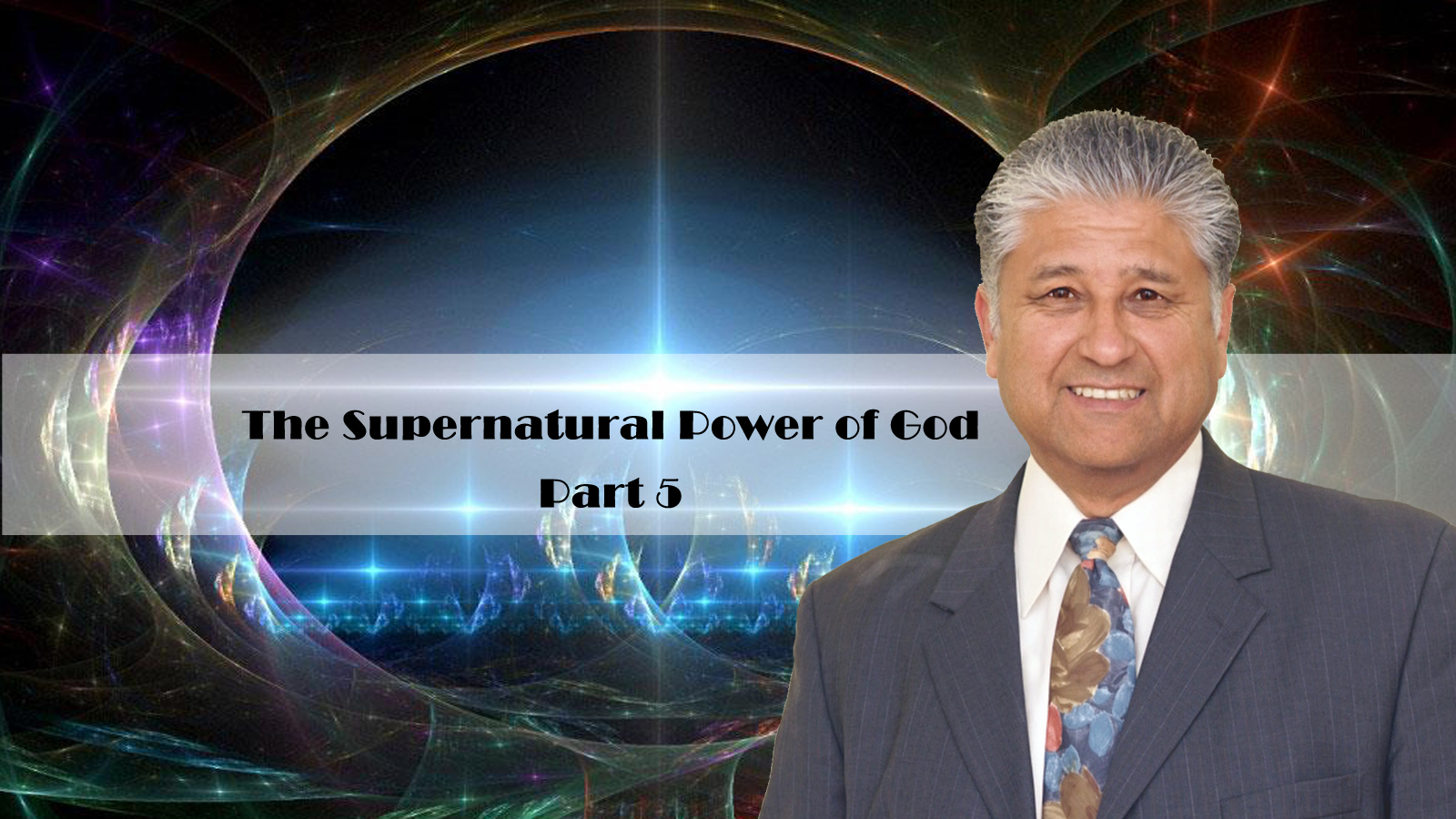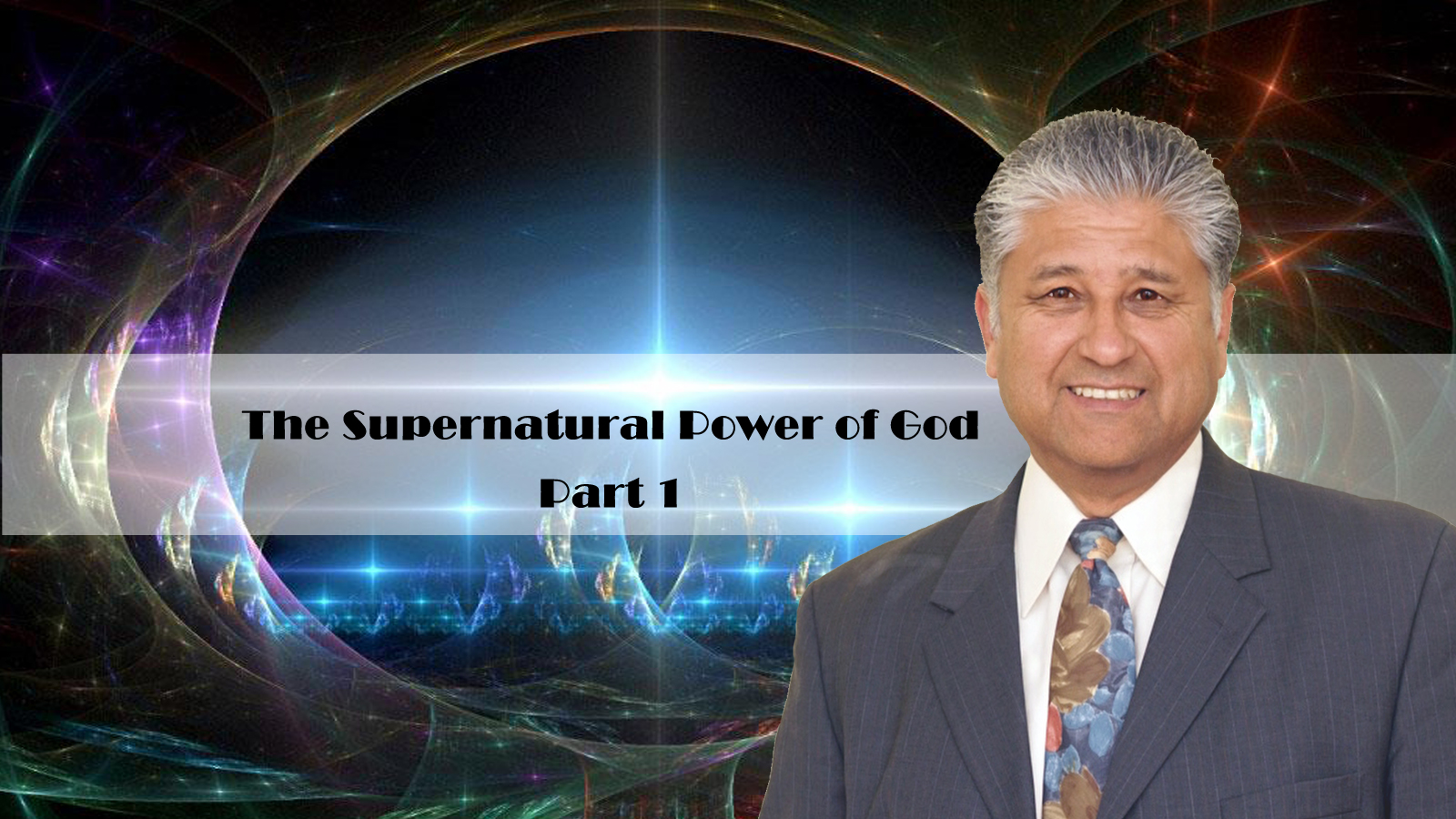The relation between faith and works is an important subject which is referred to in many different passages of the New Testament. Yet it is one about which remarkably little teaching is given in most Christian’s circles today. As a result, a good many professing Christian’s are left in confusion or partial bondage, halfway between law and grace. Not a few professing Christian’s also, through ignorance on this point, are led astray into false teachings which lay unscriptural emphasis on the observance of some particular day or the eating of certain special foods or other similar matters of the law.
What do we mean by “faith” or by “works”? By “faith” we mean “that which we believe,” and by “works” we mean “that which we do.”
Thus we can express the relationship between faith and works as taught in the New Testament by the following simple contrast: Faith is not based on works, but works are the outcome of faith. Or, in still simpler words: What we believe is not based on what we do, but what we do is the outcome of what we believe.
Salvation by Faith Alone
Let us begin by considering the first part of this statement: Faith is not based on works. In other words, what we believe is not based on what we do. The whole of the New Testament bears consistent testimony to this vital truth. This fact is supported by the account of the final moments of the sufferings of Jesus upon the cross.
So when Jesus had received the sour wine, He said, “It is finished!” And bowing His head, He gave up His spirit (John 19:30).
The Greek word translated “it is finished” is the most emphatic word that could possibly be used. It is the perfect tense of a verb which itself means to do a thing perfectly. We might perhaps bring this out by translating: “It is perfectly perfect,” or “It is completely complete.” There remains nothing more whatever to do.
All that ever needed to be done to pay the penalty of men’s sins and to purchase salvation for all men has already been accomplished by the sufferings and death of Jesus upon the cross. To suggest that any man might ever need to do anything more than Jesus has already done would be to reject the testimony of God’s Word and to discredit the efficacy of Jesus’s atonement.
In the light of this, any attempt by any man to earn salvation by his own good works is in effect an insult both to God the Father and to God the Son. It carries the implication that the work of atonement and salvation, planned by the Father and carried out by the Son, is in some sense inadequate or incomplete. This is contrary to the unanimous testimony of the entire New Testament.
Paul continually and emphatically teaches this. For example, in Romans 4:4-5 he says:
Now to him who works, the wages are not counted as grace but as debt. But to him who does not work but believes on Him who justifies the ungodly, his faith is accounted for righteousness.
Notice the phrase “to him who does not work but believes.” In order to obtain salvation by faith, the first thing any man must do is to stop “working” – to stop trying to earn salvation. Salvation comes through faith alone, through doing nothing but believing. So long as a man tries to do anything whatever to earn salvation, he cannot experience the salvation of God which is received by faith alone.
This was the great mistake which Israel made, as Paul – himself an Israelite – explains.
But Israel, who pursued a law of righteousness, has not attained it. Why not? Because they pursued it not by faith but as if it were by works (Rom. 9:31-32, NIV).
Again Paul says concerning Israel:
For they being ignorant of God’s righteousness, and seeking to establish their own righteousness, have not submitted to the righteousness of God (Rom. 10:3).
Why did Israel fail to obtain the salvation God had prepared for them? Paul gives two reasons, which go very closely together:
- “they pursued it not by faith but as if it were by works,”
- they sought to “establish their own righteousness.”
In other words, they tried to earn salvation by something which they themselves did in their own righteousness. As a result, those who did this never entered into God’s salvation.
The same mistake which was made by Israel in Paul’s day is being made today by millions of professing professing Christian’s around the world.
There are countless sincere, well-meaning people in Christian’s churches everywhere who feel that they must do something to help earn their salvation. They devote themselves to such things as prayer, penance, fasting, charity, self-denial, the careful observance of church ordinances, but all in vain! They never obtain true peace of heart and assurance of salvation because – like Israel of old – they seek it not by faith but by works.
Such people go about to establish their own righteousness, and in this way they fail to submit to the righteousness of God, which is by faith in Jesus alone.
Paul emphasizes the same truth when he tells Christian’s believers:
For by grace you have been saved through faith, and that not of yourselves; it is the gift of God, not of works, lest anyone should boast (Eph. 2:8-9).
Notice the tense that Paul uses: “You have been [already] saved.” This proves that it is possible to be saved in this present life and to know it. Salvation is not something for which we have to wait until the next life. We can be saved here and now.
How can this present assurance of salvation be received? It is the gift of God’s grace – that is, God’s free, unmerited favor toward the sinful and undeserving. This gift is received through faith – “not of works, lest anyone should boast.” If a man could do anything whatever to earn his own salvation, then he could boast of what he himself had done. He would not owe his salvation entirely to God, but would owe it, in part at least, to his own good works, his own efforts. But when a man receives salvation as a free gift of God, simply through faith, he has nothing whatever to boast of.
Where is boasting then? It is excluded. By what law? Of works? No, but by the law of faith. Therefore we conclude that a man is justified by faith apart from the deeds of the law (Rom. 3:27-28).
In Romans 6:23 Paul again presents the total contrast between that which we earn by our works and that which we receive solely by faith, for he says:
For the wages of sin is death, but the gift of God is eternal life in Jesus Jesus our Lord.
There is a deliberate contrast between the two words wages and gift. The word wages denotes what we have earned by what we have done. On the other hand, the word translated “gift” – in Greek charisma – is directly related to the Greek word for “grace,” charis. Hence, the word denotes explicitly a free, unmerited gift of God’s grace or favor.
Thus, each of us is confronted with a choice. On the one hand, we may choose to take our wages; that is, the due reward for our works. But because our own works are sinful and unpleasing to God, the wages due to us for them is death – not merely physical death but also eternal banishment from the presence of God.
On the other hand, we may choose to receive by faith God’s free gift. This gift is eternal life, and it is in Jesus Jesus. When we receive Jesus Jesus as our personal Savior, in Him we receive the gift of eternal life.
Not by works of righteousness which we have done, but according to His mercy He [God] saved us, through the washing of regeneration and renewing of the Holy Spirit (Titus 3:5).
Nothing could be plainer than this: “Not by works of righteousness which we have done, but according to his mercy He saved us . . .” If we desire salvation, it cannot be upon the basis of any works of righteousness which we have done, but solely upon the basis of God’s mercy. Our own works must first be excluded, in order that we may receive God’s mercy in salvation.
In the second part of this same verse Paul tells us four positive facts about the way God’s salvation works in our lives: 1) it is a washing – that is, we are cleansed from all our sin; 2) it is a regeneration – that is, we are born again, we become children of God; 3) it is a renewing – that is, we are made new creatures in Jesus; 4) it is of the Holy Spirit – that is, it is a work of God’s own Spirit within our hearts and lives.
None of this can be the result of our own works, but all of it is received solely through faith in Jesus.
Living Faith vs. Dead Faith
If salvation is not by works but is solely by faith, we may naturally ask, What part, then, do works play in the life of the Christian’s believer? The clearest answer to this in the New Testament is given by James.
What does it profit, my brethren, if someone says he has faith but does not have works? Can faith save him? If a brother or sister is naked and destitute of daily food, and one of you says to them, “Depart in peace, be warmed and filled,” but you do not give them the things which are needed for the body, what does it profit? Thus also faith by itself, if it does not have works, is dead. But someone will say, “You have faith, and I have works.” Show me your faith without your works, and I will show you my faith by my works. You believe that there is one God. You do well. Even the demons believe – and tremble! But do you want to know, O foolish man, that faith without works is dead? Was not Abraham our father justified by works when he offered Isaac his son on the altar? Do you see that faith was working together with his works, and by works faith was made perfect? And the Scripture was fulfilled which says, “Abraham believed God, and it was accounted to him for righteousness.” And he was called the friend of God. You see then that a man is justified by works, and not by faith only. Likewise, was not Rahab the harlot also justified by works when she received the messengers and sent them out another way? For as the body without the spirit is dead, so faith without works is dead also (2:14-26).
In this passage James gives several examples to illustrate the connection between faith and works. He speaks of a Christian’s who sends away a fellow believer, hungry and naked, with empty words of comfort but without food or clothing. He speaks of the demons who believe in the existence of the one true God but find no comfort, only fear, in their belief. He speaks of Abraham who offered his son, Isaac, in sacrifice to God. And he speaks of the harlot Rahab in Jericho who received and protected Joshua’s messengers.
However, it is in the last verse, verse 26, that James sums up his teaching about the connection between faith and works by the example of the relationship between the body and the spirit. He says, “For as the body without the spirit is dead, so faith without works is dead also.”
This reference to the spirit, in connection with faith, provides the key to understanding how faith operates in the life of the believer.
While learning about “The Nature of Faith” we referred to the words of Paul in 2 Corinthians 4:13.
But since we have the same spirit of faith, according to what is written, “I believed and therefore I spoke,” we also believe and therefore speak.
Here Paul states that true, scriptural faith is something spiritual – it is the spirit of faith. Through this we are able to understand James’s example of the body and the spirit.
In the natural order, so long as a man is alive, his spirit dwells within his body. Every action of the man’s body is an expression of his spirit within him. Thus, the actual existence and character of the spirit within the man, though invisible, are clearly revealed through the behavior and the actions of the man’s body.
When the spirit finally leaves the man’s body, the body ceases from all its actions and becomes lifeless. The lifeless inactivity of the body indicates that the spirit no longer dwells within.
So it is with the spirit of faith within the true Christian’s. This spirit of faith is alive and active. It brings down the very life of God Himself, in Jesus, to dwell within the believer’s heart.
This life of God within the believer takes control of his whole nature – his desires, his thoughts, his words, his actions. The believer begins to think, speak and act in an entirely new way – a way that is totally different from what he would have done previously. He says and does things which he neither could nor would have done before the life of God came in, through faith, to take control of him. His new way of living – his new “works,” as James calls it – is the evidence and the expression of the faith within his heart.
But if the outward actions are not manifested in the man’s life – his works do not correspond to the faith he professes – this proves there is no real living faith within him. Without this living faith, expressed in corresponding actions, his profession of Christianity is no better than a dead body after the spirit has left it.
We may briefly consider, in order, each of the four examples which James gives and see how each illustrates this principle.
First, James speaks of the Christian’s who sees a fellow Christian’s naked and hungry and says to him, “Depart in peace, be warmed and filled,” but nevertheless does not offer him either food or clothing.
Obviously, this man’s words were not sincere. If he had really desired to see the other person warmed and fed, he would have given him food and clothing. The fact that he did not do it indicates that he did not really care. His words were an empty profession without any inward reality. So it is when a Christian’s professes faith but does not act according to that faith. Such faith is insincere, worthless, dead.
Second, James speaks of the demons, who believe in the one true God but tremble. These demons have no doubt whatever about the existence of God, but they know also that they are the unrepentant enemies of God, under His sentence of wrath and judgement. Therefore, their faith brings them no comfort, but only fear.
This shows that true, scriptural faith is always expressed in submission and obedience to God. Faith that continues stubborn and disobedient is dead faith that cannot save one from God’s wrath and judgement.
Third, James gives us the same example of faith as that given by Paul in Romans 4 – the example of Abraham. Abraham believed God, and it was “accounted . . . to him for righteousness” (Gen. 15:6).
Living faith in God’s Word came into Abraham’s heart. Thereafter, this faith was expressed outwardly in a continual walk of submission and obedience to God. Each act of obedience that Abraham performed developed and strengthened his faith and prepared him for the next act.
The final test of Abraham’s faith came in Genesis 22, when God asked him to offer up his son, Isaac, in sacrifice (see also Heb. 11).
By faith Abraham, when he was tested, offered up Isaac . . . accounting that God was able to raise him up, even from the dead (Heb. 11:17-19).
By this time, through continual exercise in obedience, Abraham’s faith had been developed and strengthened even to the place where he really believed that God could raise up and restore his son to him from the dead. This faith in Abraham’s heart found its outward expression in his perfect willingness to offer up Isaac, and it was only the direct intervention of God that kept him from actually slaying his son.
Concerning this, James says:
Faith was working together with his works, and by works faith was made perfect (James 2:22).
We may therefore sum up Abraham’s experience as follows: His walk with God began with faith in his heart in God’s Word. This faith expressed itself outwardly in a life of submission and obedience. Each act of obedience strengthened and developed his faith and made him ready for the next test. Finally, this interworking of faith and works in his life brought him to the climax of his faith – to the point where he was willing even to offer up Isaac.
The fourth example James gives of the relation between faith and works is that of Rahab. The story of Rahab is related in chapters 2 and 6 of the book of Joshua.
Rahab was a sinful Canaanite woman living in the city of Jericho, which was under the sentence of God’s wrath and judgement. Having heard of the miraculous way in which God had led Israel out of Egypt, Rahab had come to believe that the God of Israel was the true God and that He would give Canaan and its inhabitants into the hand of His people Israel. However, Rahab also believed that the God of Israel was merciful enough and powerful enough to save her and her family. This was the faith Rahab had in her heart. This faith found expression in two things that she did.
First, when Joshua sent two men ahead of his army into Jericho, Rahab received these two men into her home, hid them and enabled them to escape again. In doing this, Rahab risked her own life.
Later, in order to claim God’s protection upon her home and family, she hung a line of scarlet from her window to distinguish her house from all the others. This was the same window through which Rahab had previously helped the two men to escape.
As a result of these two acts of Rahab, her house and family were saved from the destruction that later came upon all the rest of Jericho. Had Rahab merely believed secretly in her heart in the God of Israel but been unwilling to perform these two decisive acts, her faith would have been a dead faith. It would have had no power to save her from the judgement that came upon Jericho.
The lesson for us as professing Christian’s is twofold. First, if we profess faith in Jesus, we must be willing to identify ourselves actively with Jesus’s cause and Jesus’s messengers, even though it may mean real personal sacrifice, perhaps the risking or laying down of our very lives. Second, we must be willing to make a definite, open confession of our faith, which marks us out from all the unbelievers around us. The scarlet line speaks particularly of openly confessing our faith in the blood of Jesus for the remission and cleansing of our sin.
For a final summary of the relation between faith and works we may turn once again to the writings of Paul.
Work out your own salvation with fear and trembling; for it is God who works in you both to will and to do for His good pleasure (Phil. 2:12-13).
Here the relationship is plain. First, God works in us both to will and to do. Then we work out, in our actions, what God has first worked in us.
The important thing to realize is that faith comes first, then works. We receive salvation from God by faith alone, without works. Once having received salvation in this way, we then work it out actively in our lives by our works – by the things we do. If we do not actively work out our salvation this way, after believing, this shows that the faith which we have professed is merely dead faith, and that we have no real experience of salvation.
We do not receive salvation by works. But our works are the test of whether our faith is real and the means by which our faith is developed. Only real, living faith can make a real, living Christian’s.








